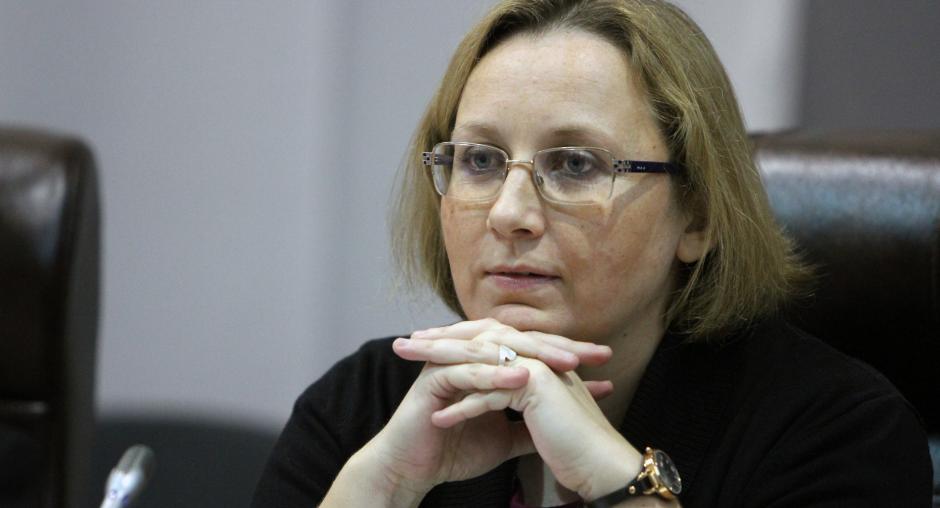Think tank network discusses Helsinki + 40

The newly-established network of OSCE think tanks held a panel discussion in Kyiv on 4 December ahead of the opening of the Ministerial Council to discuss how the academic community can assist participating States in defining new directions for the Organization, in the so-called Helsinki+ 40 process.
Sonja Stojanović Gajić, Director of the Belgrade Centre for Security Policy and a member of the network’s steering committee, kicked off discussions with the question: “What if the OSCE did not exist tomorrow?” She sketched three scenarios for the road map participating States are developing.
“They could identify areas where the OSCE could make a real difference in overcoming mistrust between the Euro-Atlantic and Eurasian communities, they could opt for just keeping the status quo of current institutions or, in the worst case, they could declare the immanent death of the OSCE in five to ten years – which might provide much-needed impetus for action,” she said.
Wolfgang Zellner, Director of the Centre for OSCE Research and the network’s co-ordinator, said: “The OSCE is facing the challenge of diverging threat perceptions and, as we are seeing now in Ukraine, opposing interests. There is little effort to bridge these gaps. But who can do this job, if not the OSCE?”
Representatives of the current Ukrainian and future Swiss and Serbian OSCE Chairmanships expressed their support for the OSCE Network of Think Tanks and Academic Institutions, which was established in June 2013 and comprises 25 members to date.
“Informal, independent, inclusive and interactive,” were the words Zellner used to describe the network. An autonomous OSCE-related initiative, it is open to academic institutions in the OSCE area engaged in academic research and policy analysis on issues relevant to the OSCE’s security agenda.
